
If you’re involved in the industrial world, hydraulic fittings are likely a familiar term. But what exactly are they? Hydraulic fittings are essential connectors used in hydraulic systems to link various components like hoses, pipes, and valves. They enable precise control over the flow of hydraulic fluid, ensuring smooth operation and efficiency. These fittings come in various types and sizes, each designed to meet specific needs and standards. Whether it’s preventing leaks or maintaining pressure, hydraulic fittings play a crucial role in your machinery’s performance. Understanding their function and importance can lead to better decision-making in your business, enhancing both productivity and cost-effectiveness.
When it comes to hydraulic systems, identifying key suppliers is critical to ensuring quality and performance. Reputable suppliers of hydraulic components are the backbone of many industries, providing the necessary components for a variety of applications.
Among international manufacturers, companies such as Gates, Eaton, Parker Hannifin and Kawasaki Heavy Industries stand out.Gates is known for its innovative solutions and global presence. Eaton offers a wide variety of hydraulic products and is known for its reliability. Parker Hannifin is a leader in motion and control technology, while Kawasaki Heavy Industries specializes in hydraulic machinery for construction and industry. Choosing a supplier with a strong international reputation ensures that you invest in quality, reliability and cutting-edge technology, all of which are vital to the success of your hydraulic system.
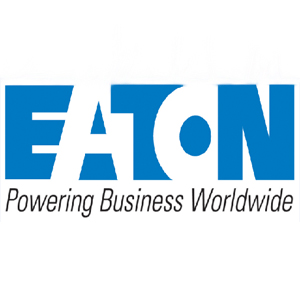
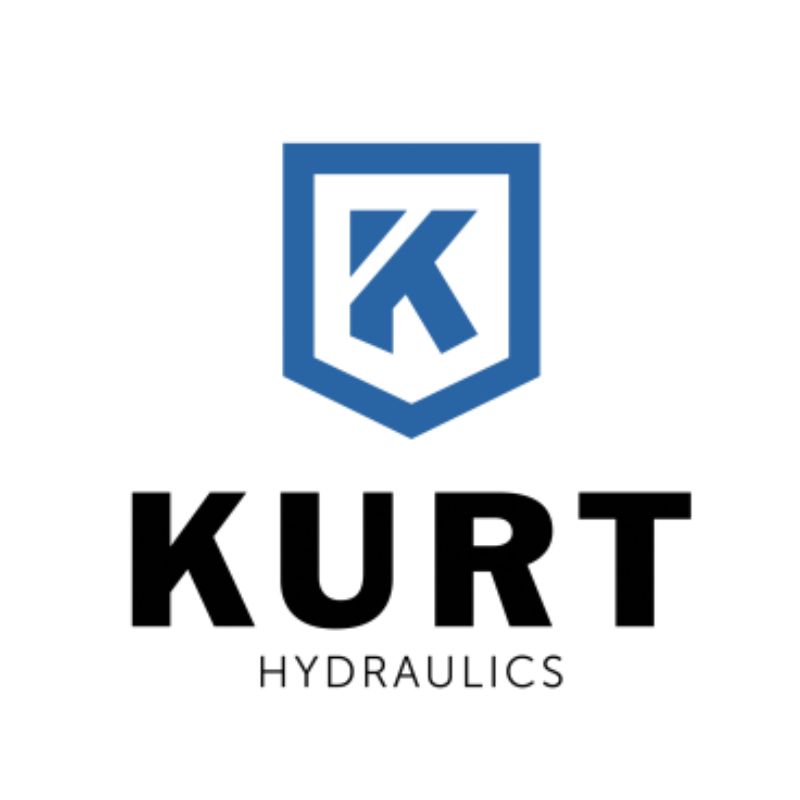


By evaluating the key aspects of various hydraulic fittings, you can make informed decisions based on specific applications and industry requirements. Let’s take an in-depth look at the key areas you need to evaluate:
Corrosion resistance is critical to the service life of hydraulic fittings. Salt spray testing is a common method of evaluating how well a material or finish resists corrosion. Knowing the salt spray test hours will help you select a material that meets your specific needs.
In addition to knowing what hydraulic products are made of and what pressure ranges they are available in, it’s vital to understand standards and specifications. Whether you are a manufacturer, distributor or user of hydraulic accessories, understanding hydraulic standards will also help you identify the more correct suppliers.
● SAE (Society of Automotive Engineers): SAE standards are widely recognized in the automotive and aerospace industries. They define specifications for various hydraulic components, ensuring consistency and interoperability.
● ISO (International Organization for Standardization): ISO standards provide international guidelines for hydraulic systems, covering dimensions, performance, and quality. Adherence to ISO standards ensures global compatibility and acceptance.
● Other standards: Depending on the industry and region, other standards such as DIN (German Institute for Standardization) or JIS (Japanese Industrial Standards) may also apply. Familiarity with relevant standards ensures compliance with local regulations and industry best practices.

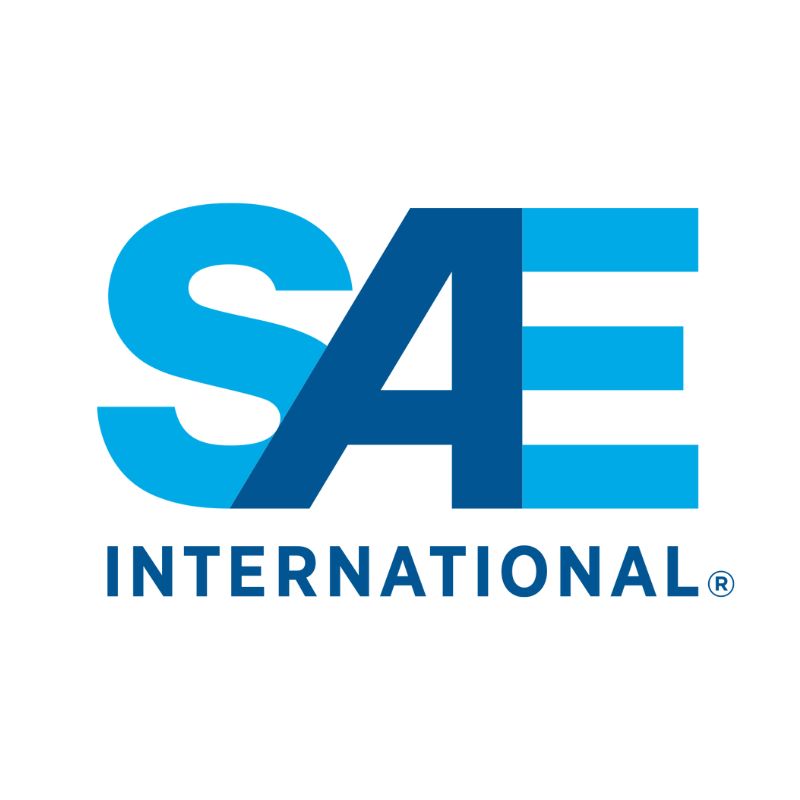
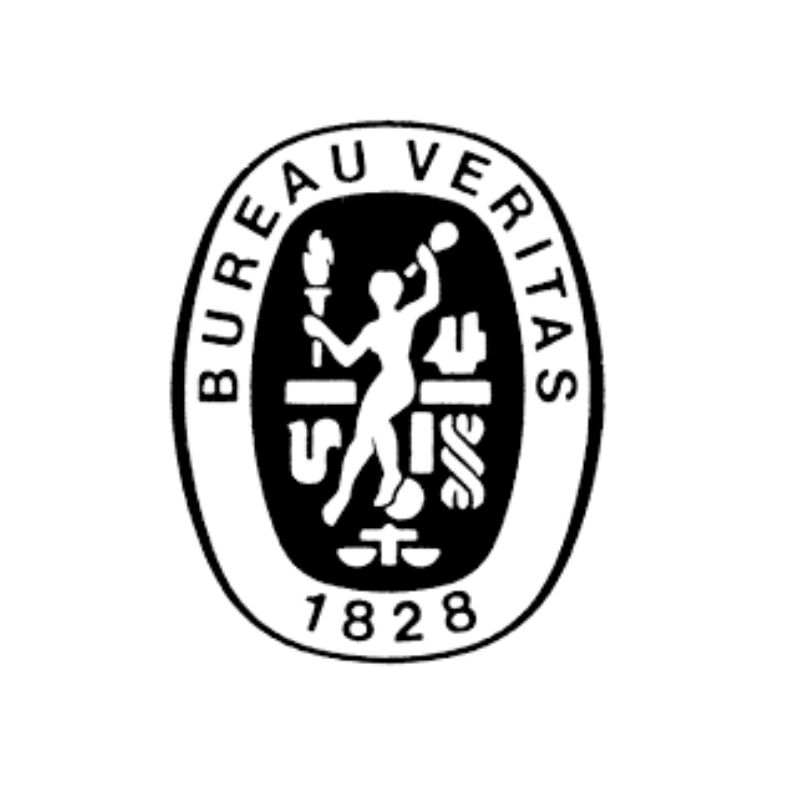
When dealing with international markets, it is critical to understand country preferences. Different countries may have specific preferences or requirements for hydraulic fittings:
● USA: SAE and ANSI (American National Standards Institute) standards are commonly used in the US market. Understanding these guidelines will ensure compliance with domestic regulations.
● European Union: Standards such as EN (European Standard) and ISO are commonly used in the European Union. Adherence to these standards ensures compliance with European regulations and market preferences.
● Asia: Asian markets may have specific preferences, such as JIS in Japan or GB in China. Understanding these nuances ensures successful market penetration and customer satisfaction.
In the ever-evolving world of hydraulics, mastering standards and specifications is not just a compliance issue, but a strategic advantage. By familiarizing yourself with common standards such as SAE and ISO and understanding national preferences, you can meet the needs of a global marketplace.
In the highly competitive world of hydraulics, choosing the right supplier is a critical decision that can affect the success or failure of your business. Whether you are sourcing hydraulic parts for manufacturing, distribution or end-use, it is critical to assess the capabilities of your supplier before making a formal selection.
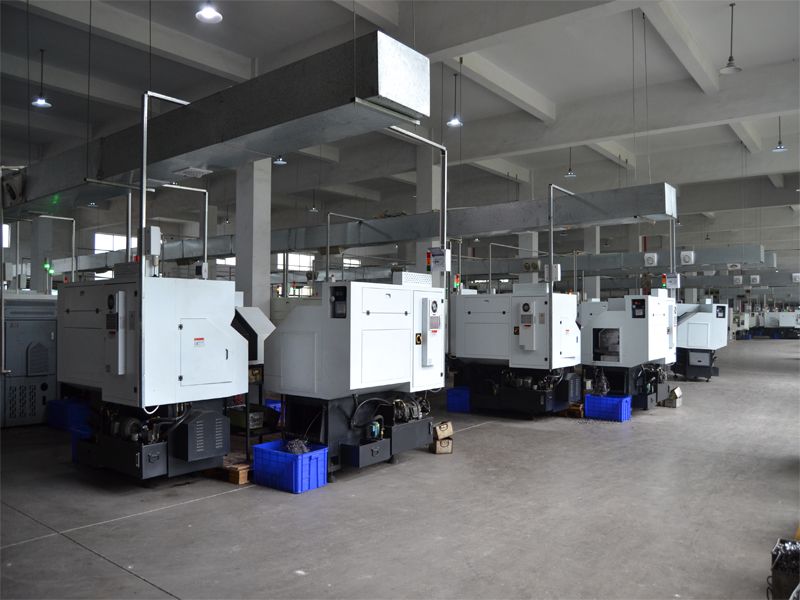
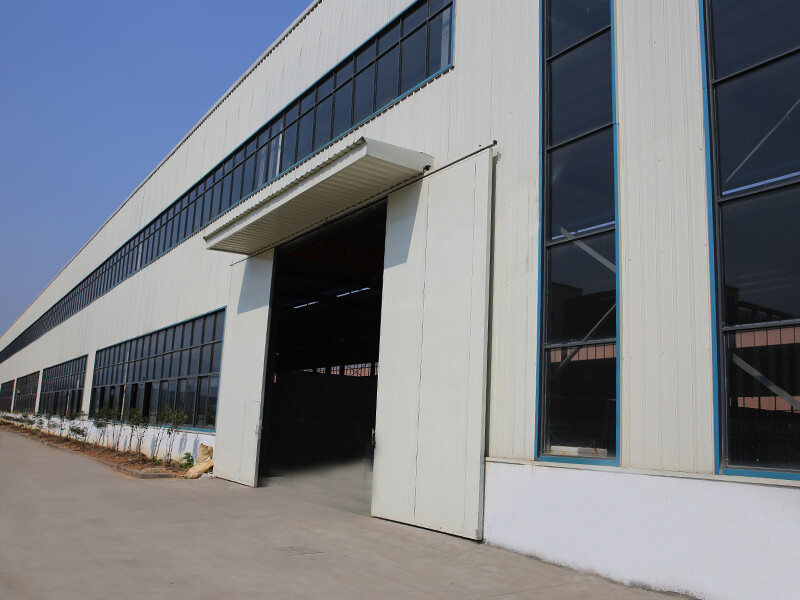
Having its own factory is usually a sign of a supplier’s commitment to quality and control.
Direct supervision: Suppliers with their own factories can closely monitor the production process to ensure that standards and specifications are adhered to.
Flexibility: In-house manufacturing provides production flexibility, allowing for adjustments and customization as needed.
Cost Effectiveness: Controlling the entire production process often results in cost savings.
In the hydraulics industry, quality and timely delivery are critical. Here are some things to keep in mind:
● Quality Control Programs: Understand the supplier’s quality control measures, certifications, and adherence to industry standards. This ensures that the product meets your specific requirements.
● Lead times: Evaluate the supplier’s lead time and ability to meet deadlines. Timely delivery is critical for you to maintain your program and avoid delays.
Customized services are often a differentiating factor in the hydraulic parts market. You need to know:
● Custom Design: Can the supplier design and manufacture fittings to meet your specific needs? This capability can provide a customized solution to fit a unique application.
● Personalized Support: Assess the supplier’s willingness to provide personalized support and collaboration. This helps build a partnership that ensures alignment with your goals.
● ISO Certifications: ISO certifications (e.g., ISO 9001) indicate a supplier’s adherence to international quality management standards.
● Industry-specific certifications: Depending on your industry, there may be specific certifications that apply, such as the CE marking in Europe or SAE standards for the automotive industry.
● Environmental and safety certifications: Assess the supplier’s commitment to environmental sustainability and safety, such as ISO 14001 environmental management certification.
Qualification and compliance are more than just certification. They are more stringent on supplier capabilities:
● Technical expertise: Evaluate the supplier’s technical expertise and experience in hydraulic fittings. Look for evidence of expertise, such as patents or proprietary technology.
● Compliance: Verify that the supplier complies with all relevant regulations, such as REACH in Europe or OSHA in the US. Compliance ensures that products meet legal requirements and minimize potential liability.
● Quality Control Program: Evaluate the supplier’s quality control program, including testing, inspection, and continuous improvement processes. This ensures that products meet your specific quality requirements.
In the highly competitive world of hydraulic fittings, the relationship with the supplier does not end with the purchase. After-sales service is an important component that can have a significant impact on customer satisfaction and long-term success. You can continue to analyze suppliers through these factors:
Responsiveness is a key element of after-sales service. It reflects how much the supplier values the customer:
● Communication Channels: Evaluate how well the supplier provides service through various communication channels such as phone, email or chat. Multiple channels ensure accessibility and timely support.
● Response Time: Assesses how quickly the vendor responds to inquiries, complaints or support requests. Prompt response enhances trust and fosters a positive relationship.
● Dedicated support team: Look for a vendor with a dedicated after-sales team that understands your specific needs and can provide specialized assistance.
Post-sales support includes a variety of services that can enhance your experience with a supplier:
● Warranties and Guarantees: Understand your supplier’s warranty and guarantee policies. These policies provide assurance and support in the event of a defect or problem.
● Maintenance and Repair Services: Evaluate a supplier’s ability to provide maintenance and repair services. Ongoing support ensures the longevity and optimal performance of hydraulic components.
● Training and Education: Evaluate the supplier’s ability to provide product training. This will enhance your team’s ability to effectively utilize hydraulic fittings.

In recent years, China’s hydraulic industry has made great development and innovation. China stands out from the rest of the world with its unique advantages.
China’s manufacturing prowess extends to the hydraulic hose industry, providing a clear cost advantage:
♦ Economies of scale: China has a large manufacturing base that can be utilized to produce hydraulic hoses at competitive prices.
♦ Efficient production: Advanced manufacturing technology and automation can help improve production efficiency and further reduce costs.
♦ Global sourcing: China’s access to global raw material markets ensures cost-effective sourcing, resulting in cost savings for end users.
China’s hydraulic hose industry benefits from a strong and integrated supply chain system:
♦ End-to-end solutions: From raw material sourcing to final product delivery, China offers comprehensive end-to-end solutions to ensure quality and efficiency.
♦ Logistic Advantage: China has a well-established logistic network that ensures timely delivery and distribution to meet the needs of domestic and international markets.
♦ Quality Control: Integrated supply chain management allows for strict quality control at every stage, ensuring that hydraulic hoses meet global standards.
Customization is a growing trend in the hydraulics industry, and China is at the forefront of providing customized solutions:
♦ Customized design: Chinese manufacturers offer customized design services to enable hydraulic hoses to meet specific application and industry requirements.
♦ Flexible Manufacturing: With flexible manufacturing capabilities, China is able to accommodate both mass production and small customized orders.
♦ Personalized Support: Many Chinese suppliers offer personalized support and cooperation, ensuring alignment with customer needs and fostering long-term relationships.
In the rapidly evolving world of hydraulic systems, Chinese manufacturers are making significant strides. Among them, Topa Hydraulic stands out as a leading example. This case study explores the company’s profile, capabilities, customer relationships, and services offered.
Topa Hydraulic is a prominent B2B company in China, specializing in the manufacturing of hydraulic cylinders, hydraulic components, and cutting machines. Here’s an insight into their capabilities:
Manufacturing Excellence: With a direct factory setup, Topa offers competitive prices and high-quality products made in China. Their state-of-the-art manufacturing facilities enable the production of a wide range of hydraulic products.
Skilled Professionals: A team of 20 skilled professionals ensures that Topa maintains the highest standards of quality and innovation.
Global Reach: Catering to clients across the United States, Canada, Australia, Europe, and Asia, Topa has established itself as a global player in the hydraulic industry.
Topa’s success is not just about products; it’s about building lasting customer relationships and offering value-added services:
Target Audience: Topa’s main target audience consists of users of hydraulic products, hydraulic component users, and maintenance professionals. They cater to individuals, distributors, and salespeople in the hydraulic industry.
One-Stop Services: Topa offers one-stop services to help clients with all their hydraulic product and component needs. From product selection to after-sales support, they provide comprehensive solutions.
Customized Solutions: Understanding the pain points of their clients, such as affordability and quality, Topa offers customized solutions that align with specific needs and industry requirements.
Global Marketing: Utilizing B2B platforms, Alibaba, domestic and international exhibitions, and trade shows, Topa reaches its target audience effectively, ensuring a strong market presence.
Whether you’re a manufacturer, distributor, or end-user in the hydraulic industry, understanding Topa’s approach provides inspiration and guidance for achieving success in a competitive and demanding market.
Embracing the principles that have driven Topa’s success can pave the way for strategic alignment and growth in the hydraulic industry, fostering innovation, customer satisfaction, and long-term success.